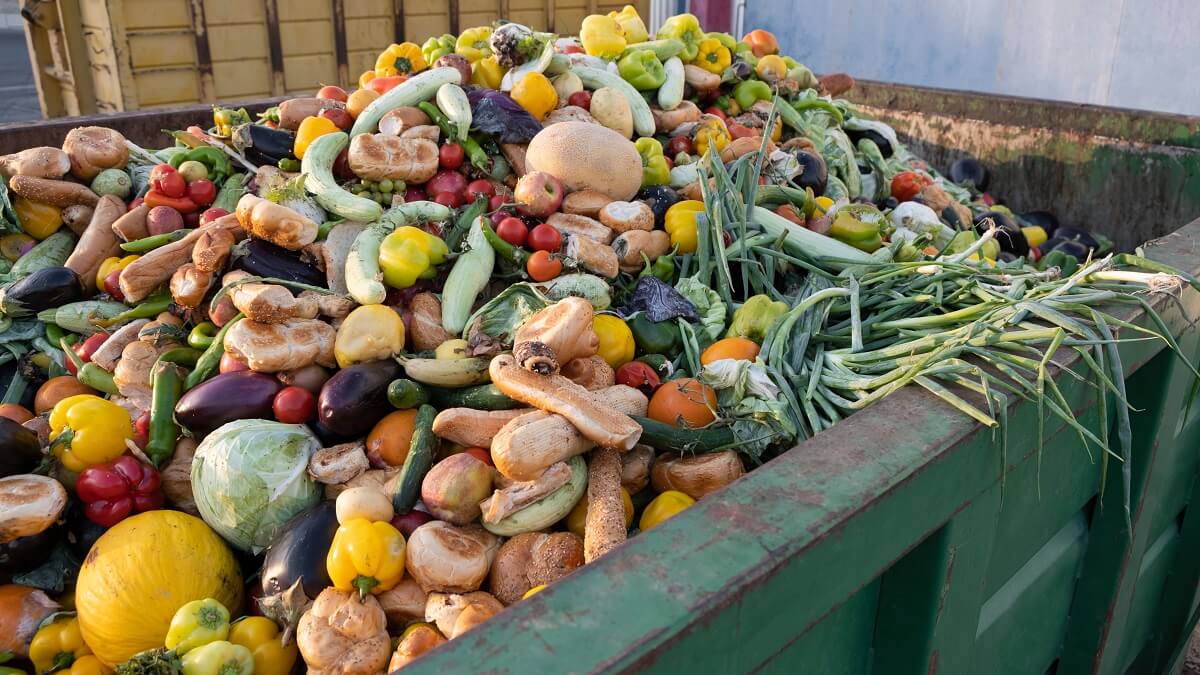Did you watch that excellent ABC Four Corners documentary on the state of the modern grocery market the other week?
While many people have been focusing on prices, one section of the program that hasn’t received much attention is the fact that many farmers are abandoning crops because the returns no longer cover costs.
The Four Corners program highlighted the plight of a cherry farmer who harvested his crop, only to be told it wasn’t to market specifications. The shipment represented a potential $90,000 payment and he had to sell it to the seconds market for $5800. It was the nail in the coffin for his cherry enterprise and he bulldozed his highly productive, young orchard into the ground.
National Farmers Federation horticultural board member Jeremy Griffith told Four Corners that Australia was facing a fresh food time bomb.
“We have estimated in the last 12 months alone that we’ve taken the bulldozers to 15 per cent of the Australian pear orchards. That’s a remarkable number.”
“And 34 per cent of vegetable growers interviewed said that they wanted to get out of the sector in the next 12 months.
“No young person sees a future in this industry. It’s a massive, massive issue.”
It’s a sentiment echoed by industry group AUSVEG, which made a recent submission to the Senate supermarket inquiry.
“The prices being paid by supermarket retailers for Australian-grown vegetables are not fair or sustainable and this is making it increasingly unviable for some farming businesses to continue operating,” AUSVEG stated in its submission.
“Furthermore, many of the tactics that supermarkets employ when they deal with suppliers may be considered manipulative and unconscionable, often resulting in significant additional costs to suppliers who already carry the vast majority of risk associated with growing and supplying produce.”
The issue of market pressure by the big two chains is probably most starkly obvious in the dairy industry. In Victoria alone, the number of dairy farmers has fallen more 50 per cent from 4268 in 2014 to 2774 in 2023.
That period coincided with the so-called ‘milk wars’ when Coles fired the first salvo in 2011 by slashing the price of a litre of house brand milk to $1, a move that was swiftly followed by Woolworths. Prices did not ease significantly until 2019, but by then the damage was done.
Farmers faced substantial rises in fertiliser, fuel, wages and power costs while prices stagnated. Something had to give.
Like many primary producers, dairy farmers are price takers, not price makers and the lack of movement in price over the period drove many of them from the industry.
Former dairy farmer Martin Wilson told the ABC it was “prime time” to get out of the industry.
“As far as going ahead 10 years, 20 years or whatever it may be with Woolworths and Coles determining the price at the end on [the] shelf, I can’t see any future,” he said.
Dairy farming is not cheap. You need a milking ‘parlour’ (shed), milking machinery; it’s very labour intensive as the cows need to be milked twice a day and there is other infrastructure such as storage vats.
Compare that to grazing cattle, where your biggest investment after the stock is going to be cattle races, shedding and holding yards, and you can see why many are leaving the industry in droves.
Add to that dairy cows generally cost more than grazing cattle and must be fed a special diet, and you can understand why many are turning their back on the industry.
Just one more case for breaking up the supermarket duopoly in Australia.
Do you think the supermarket duopoly should be broken up? Do you think it’s possible? Why not share your opinion in the comments section below?
Also read: Supermarket pricing tactics lead to unhealthy choices, data shows


If this bad business by Coles and Woollies isn’t dealt with ASAP, then Australia will run out of locally grown food within the next 10 to 15 years, the way things are going. We will then have to import more food which will cost more for everyone.
About time the state and federal governments put protections in place for farmers so that our farming industries don’t go the way our manufacturing and textile industries have gone.
Maybe start introducing higher import duties on certain foods etc. like some SE Asian countries do to protect the local farm industries.
Trade deals with some countries may need to be renegotiated and maybe even discontinued to stop undercutting and dumping of produce that is in direct competition with our local suppliers.
This is very, very disturbing, are Cole’s and Woolworths that greedy, that they can’t see the big picture here? Do they want us to be buying all our fruit and vegetables from oversea’s at the loss of our farmer’s livelihoods? This makes me so angry, the government has to step in and save our farmers, and quickly. I buy my fruit and veg from the green grocer, but I won’t be able to do even that if we have no farmer’s. Coles and woolies have to be made to have a conscience.